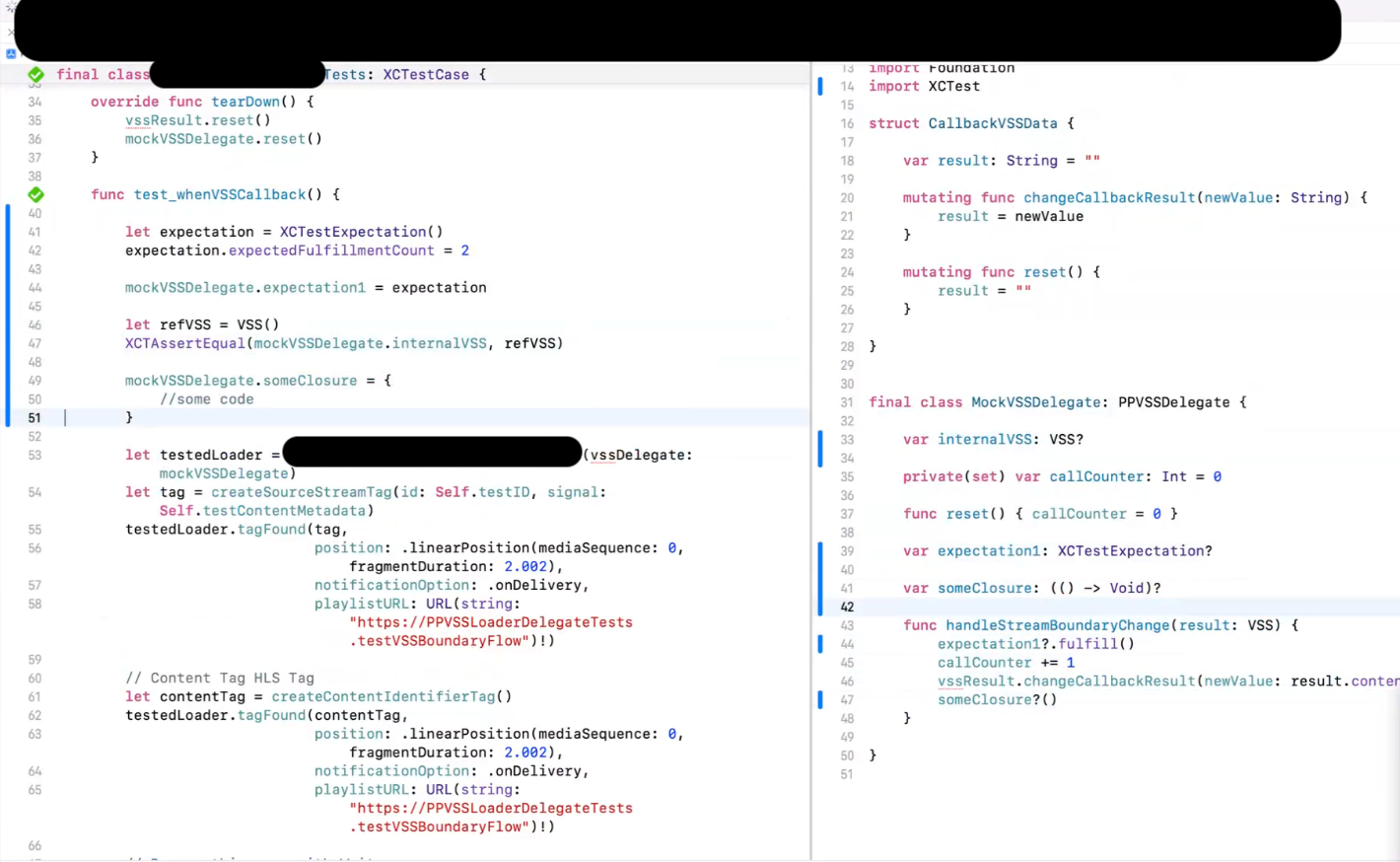Closure
Closures
Intro
Closures are just a short hand version of functions in a function as a parameter passing around.
It is mostly used to run asynchronous methods and execute the closure function code only after receiving certain type of input from the parent function or service. You could say it is a synchronous method calling or promises type of behavior. In swift it is referred as “Completion handlers”
Syntax
Creation
Basic closure syntax defined in swift
typealias Handler<OpenWeatherModel> = (Result<OpenWeatherModel, Error>) -> Void
func getWeatherDataByLatLon(latitudeWeather : Double,
longitudeWeather : Double,
completionHandler : @escaping Handler<OpenWeatherModel>) {
guard error == nil else { return completionHandler(.failure(error!)) }
guard let data = data else { return }
do {
let response = try JSONDecoder()
.decode(OpenWeatherModel.self, from: data)
completionHandler(.success(response))
} catch let error {
print("Error in retrieving data" + error.localizedDescription)
}
}
Usage
Calling closure
NetworkAPI
.sharedInstance()
.getWeatherDataByLatLon(latitudeWeather : currLat,
longitudeWeather: currLong,
completionHandler : { [weak self] result in
switch result {
case .success(let data):
print("In success block")
self?.openWeatherResponse?.append(data)
DispatchQueue.main.async {
self?.resultsTable.reloadData()
}
case .failure(let error): break
// Check for internal error enum cases
print("Some error occured")
}
})
Super in closure
Using 'super' in a closure where 'self' is explicitly captured is not yet supported
class Parent {
func foo() {
}
}
class Child: Parent {
override func foo() {
UIView.animateWithDuration(1) { [weak self] in // or any closure-producing context
self?.super_foo()
}
}
private func super_foo() {
super.foo()
}
}
Completion Handler
SO | Completion handler closure
Unit Tests closure
callback example
Open: unit tests _closure _ swift.png
